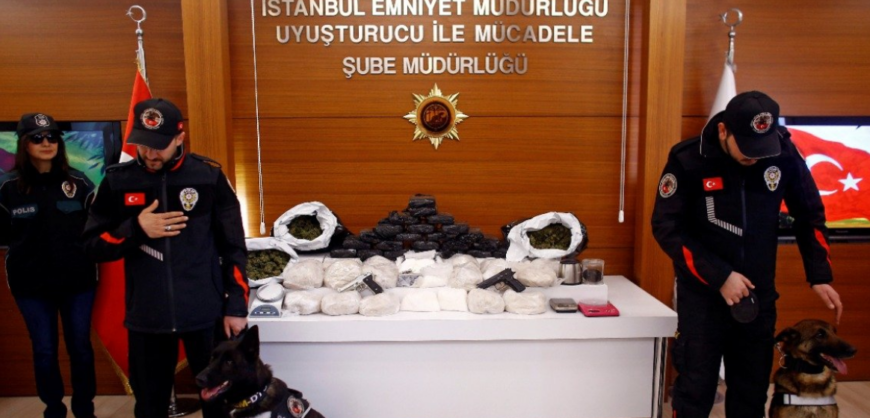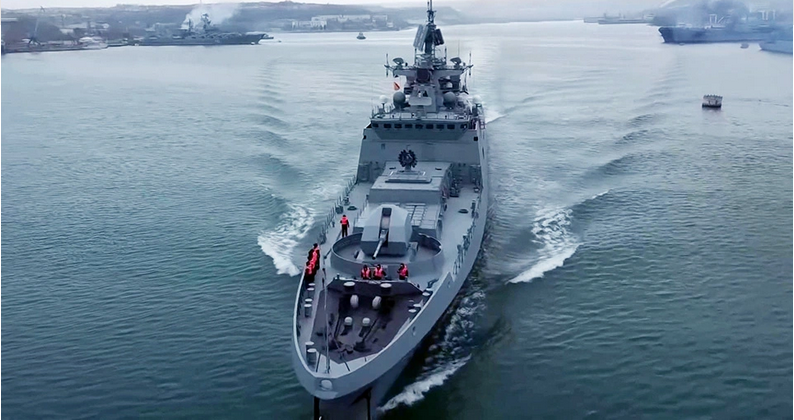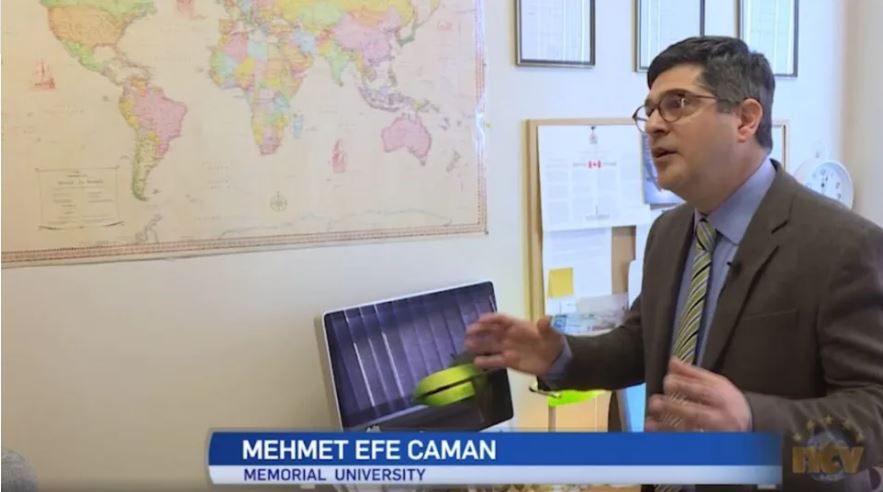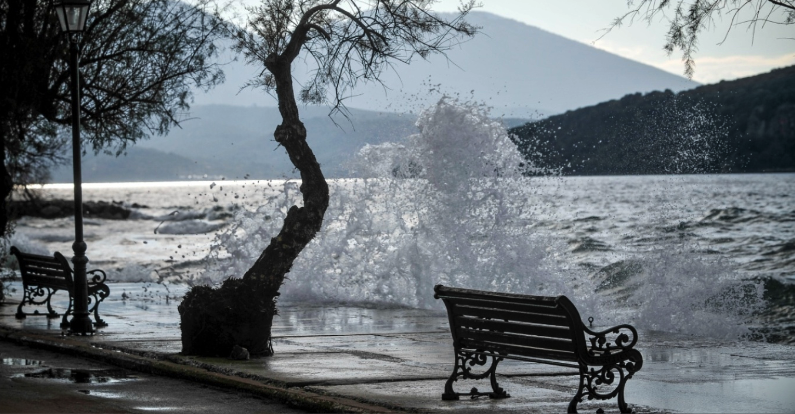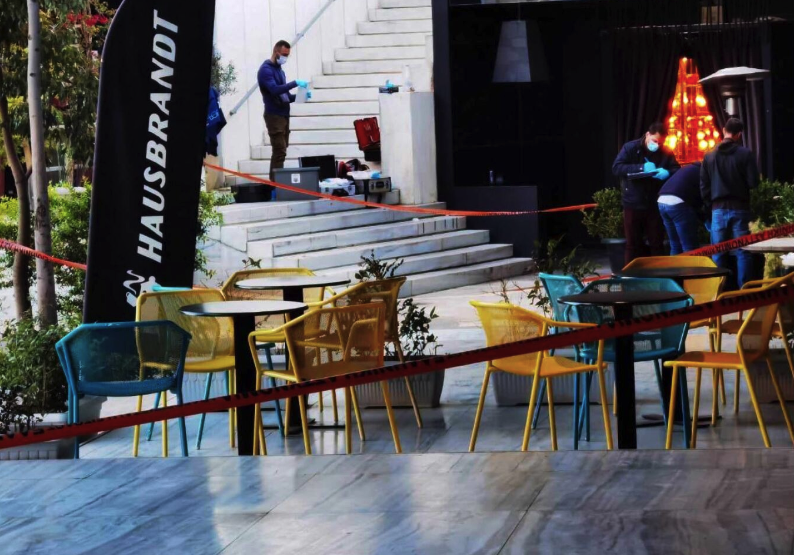The assassination of the Turkish Cypriot casino tycoon Halil Falyali last week was the latest episode in Turkey’s underground wars over narco-trafficking and illicit finance. The Turkish mobster-turned-whistleblower Sedat Peker accused Falyali last year of being a key player in the cocaine trade and colluding with Erkan Yildirim, the son of former Turkish prime minister Binali Yildirim. Peker alleged that Turkey, which has long been part of a major route for the heroin trade, has become a key hub for cocaine, too, following the nearly twenty-year rule of the Islamist-rooted Justice and Development Party (AKP). These developments raise questions about whether Turkey is becoming yet another narco-state in the Middle East, alongside Lebanon and Syria.
Timur Soykan, one of Turkey’s leading investigative journalists focused on narco-trafficking, claimed that Falyali, who is known for his extensive collection of compromising videos of leading political figures, might have used such a tape to blackmail Erkan Yildirim into setting up a cocaine route to Latin America. Erk Acarer, a Berlin-based investigative journalist, also claimed that Falyali was blackmailing politicians and civil servants with “inappropriate videos.”
Last year, former Turkish Cypriot president Mustafa Akinci accused Falyali of having illicit ties with and providing support to northern Cyprus’ Ankara-backed hardline government. It was no surprise that following Falyali’s killing, dozens of Turkish-speaking users took to Twitter, calling the attack a cover-up attempt aimed at “silencing Falyali.”
A week before Falyali’s assassination, Turkey’s interior minister, Suleyman Soylu, bragged that drug busts in the country reached an all-time high since the establishment of the Turkish Republic. In 2021 alone, he added, the police confiscated some 2.8 tons of cocaine. What the interior minister presented as a success story appears to others as the result of an alarming trend. Cocaine busts in the country have been on a steady rise over the last four years: 1.5 tons in 2018, 1.6 tons in 2018, and some 1.9 tons in 2020.
Read more: National Interest

